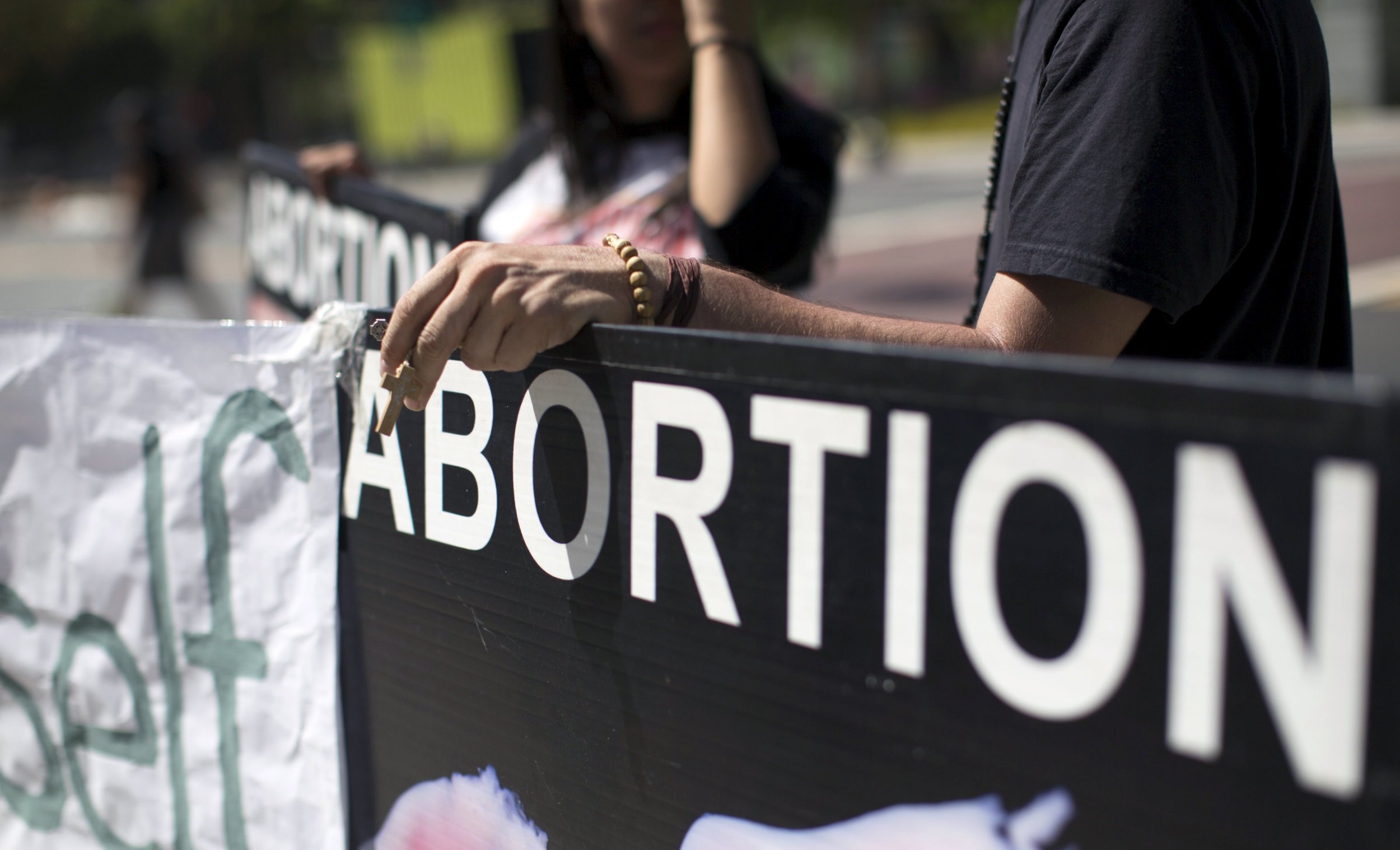
Planned Parenthood—a recent subject of congressional hearings, the cause of a near government shutdown and a spotlight issue in the 2016 presidential race—seems to primed for a starring role in the next defining event in abortion politics.
But this is not likely the case. Rather, the attacks leveled against Planned Parenthood since the release of amateur undercover videos claiming to show that the organization engages in the illegal sale of aborted fetal tissue are more akin to skirmishes—if highly visible ones—taking place on the fringes of the primary contest over abortion policy.
The fight over abortion is complicated and waged by internally diverse movements whose members employ a range of tactics. In spite of these variations, the current politics of abortion can be traced back to another event involving Planned Parenthood—the U.S. Supreme Court's ruling in the 1992 case of Planned Parenthood v. Casey.
This case lowered the standard by which courts had evaluated attempts to regulate and restrict abortion access since Roe v. Wade while increasing the parameters within which the state and federal governments could write such laws.
The court's ruling invited anti-abortion advocates to experiment with how far they could go, sending them running to friendly state legislatures around the country. This led to the passage of literally hundreds of new state laws and subsequent challenges in federal courts, establishing the way in which the dominant politics of abortion would be conducted through to the present day.
While abortion remains legal, the steady passage of laws mandating waiting periods, counseling requirements, shorter gestational caps and both physician and facility requirements have combined to incrementally chip away at abortion access.
What's more, the rate of passing such laws has increased in the last five years, fueled by Republican victories in the 2010 and 2014 elections that gave the GOP increased control in state governments around the country.
The current focus on Planned Parenthood and the controversial videos doesn't fit directly into this mold of conducting abortion politics. It does, however, illustrate how anti-abortion advocates have been able to control the debate for decades, from selecting the forums where conflicts occur, the content of the battles and the ways in which abortion is talked about and thought of.
The claim that Planned Parenthood engages in the illegal harvesting and sale of tissue from aborted fetuses speaks to how anti-abortion activists have made efforts to define abortion and its providers through unrepresentative and graphic frames.
The most successful version of this is in the relabeling of the late–term dilation and extraction abortion procedure as "partial-birth abortion," a term that became a staple in debates in the late 1990s and early 2000s despite the procedure being exceedingly rare. The same tactic is again being deployed here with fetal tissue research donations—an activity that, according to Planned Parenthood's president, only one percent of centers in the organization's network engage in.
While the damage to Planned Parenthood's image is real and the threat of losing the federal funding that comprises roughly 40 percent of their its revenue is significant, this controversy will not fundamentally reshape abortion politics the way that state legislative fights can.
The spike in state regulations targeting abortion and abortion providers that has occurred since 2011, and the desire of anti-abortion activists and legislators to push the existing limits, has produced a collection of state laws and court cases regarding their constitutionality. Thus far the U.S. Supreme Court has refused to hear any of these cases, allowing the lower federal courts to strike down the most aggressive of these new laws.
In June, the 5th Circuit Court of Appeals allowed Texas's controversial 2013 abortion restrictions to stand. In doing so, the federal appeals court has put significant pressure on the U.S. Supreme Court to hear this case, Whole Woman's Health v. Cole, and to decide upon the constitutionality of the newer and more aggressive abortion regulations.
The court's actions in relation to this case, unlike the current dispute garnering abortion headlines, actually hold the greatest potential to reshape the future of abortion politics and policy in the United States.
Joshua C. Wilson is an associate professor of political science at the University of Denver. He is also the author of The Street Politics of Abortion: Speech, Violence, and America's Culture Wars.
Uncommon Knowledge
Newsweek is committed to challenging conventional wisdom and finding connections in the search for common ground.
Newsweek is committed to challenging conventional wisdom and finding connections in the search for common ground.





